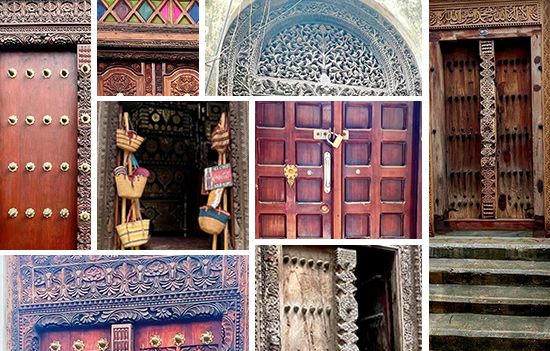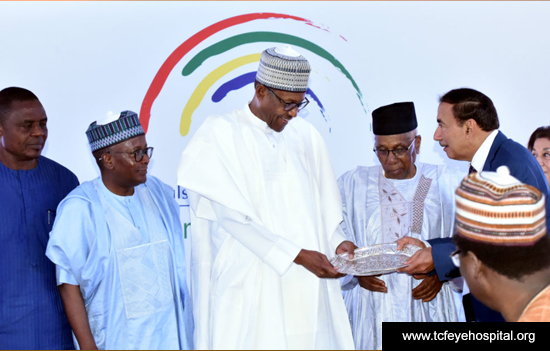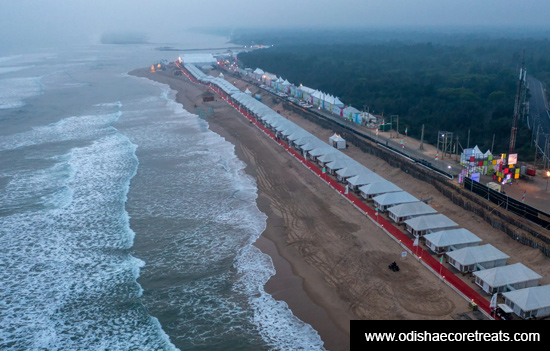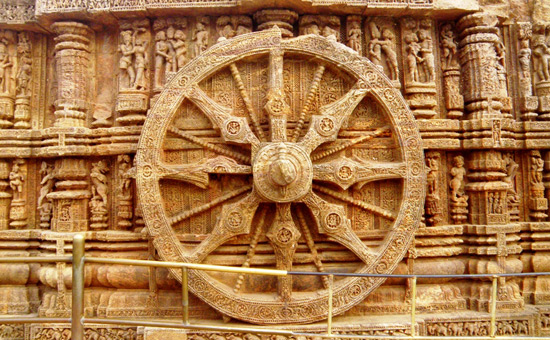- The Indian diaspora in Africa is a cultural conduit. There are India’s informal envoys. There exist huge opportunities by which both Africa and India/diaspora can benefit for e.g. the Vaishvik Bhartiya Vaigyani initiative that seeks to connect the diaspora with research institutions in India.
India's foreign policy under Prime Minister Narendra Modi has witnessed a transformative shift, with the Indian diaspora emerging as a cornerstone of its diplomatic, economic, and cultural strategy. Nowhere is this more evident than in Africa, where over 3 million individuals of Indian origin form a vital bridge between the two regions.
These communities embody a unique blend of cultural heritage and contemporary dynamism, driving bilateral cooperation and solidifying India’s leadership in the Global South. This article explores the multifaceted contributions of the Indian diaspora, highlighting their role as facilitators of economic growth, cultural diplomacy, and scientific innovation in an increasingly interconnected world.
 From Gujarat to Zanzibar, Tanzania. Pic by Nitin Kotak.
From Gujarat to Zanzibar, Tanzania. Pic by Nitin Kotak.
Diaspora
as a diplomatic asset and cultural conduit
The Indian diaspora in Africa holds an unparalleled position in fostering cultural and economic bridges. With significant populations in South Africa, Mauritius, Kenya, Uganda and Tanzania, they create enduring networks of influence that transcend borders. Their ability to navigate cultural nuances fosters mutual understanding, making them ‘Indispensable Ambassadors’ of Indian heritage and values.
Recognizing the diaspora as a vital foreign policy tool, India has amplified its engagement through initiatives such as the Ministry of Overseas Indian Affairs and the Pravasi Bharatiya Divas. Programs such as the Overseas Citizenship of India (OCI) foster closer ties, while high-profile visits by Indian leaders, including Prime Minister Narendra Modi, highlight the diaspora’s strategic importance in India’s foreign policy framework.
Their role in promoting cultural diplomacy is equally profound. From organizing Yoga sessions, and regional cuisines and Bollywood showcases, to celebrating Indian festivals organized by diaspora groups; all such events highlight their rich heritage, fostering goodwill, and deepens people-to-people ties, enhancing India's global image. These initiatives complement India’s soft power strategy, reinforcing its position as a cultural leader on the global stage.
 Tulsi Chenrai Eye Hospital, Nigeria.
Tulsi Chenrai Eye Hospital, Nigeria.
Economic
synergies and strategic investments
The economic contributions of the Indian diaspora align seamlessly with India’s broader objectives in Africa. Diaspora-led businesses thrive in key sectors such as agriculture, textiles, pharmaceuticals and engineering, stimulating local economies, while promoting Indian expertise. The strength of the diaspora played a key role in facilitating significant African participation in initiatives, such as International Solar Alliance (ISA), Global Biofuel Alliance and Coalition for Disaster Resilient Infrastructure (CDRI).
These efforts contribute to India becoming Africa’s third-largest trading partner, with a bilateral trade of about US$ 100 billion and cumulative investments of more than US$ 75 billion, reflecting a shared commitment to economic growth.
Recognizing the potential of its global community, the Indian government has introduced incentives, such as AFCFTA (African Continental Free Trade Area), DFTP (Duty Free Tariff Preference) and other tax exemptions, to encourage diaspora members to return and invest. Iconic conglomerates such as Wipro and Reliance Industries, founded by returnees, stand as testaments to the transformative impact of such policies. This approach not only strengthens economic ties; but also positions India as a partner of choice in Africa’s development journey.
Science,
innovation and the VAIBHAV Fellowship
A standout initiative in India’s engagement with its diaspora is the Vaishvik Bhartiya Vaigyanik (VAIBHAV)
Fellowship, designed to harness the expertise of Indian-origin scientists and
researchers. This program seeks to create a global network of academic
excellence by connecting the diaspora with Indian research institutions.
With the focus on 18 critical areas, including quantum technology, healthcare, and agriculture, the program underscores India's commitment to advancing cutting-edge innovation. VAIBHAV fellows, supported by comprehensive funding, collaborate with Indian institutions to develop solutions to pressing global challenges.
India’s establishment of prestigious institutions, as the Indian Institute of Technology in Zanzibar and the National Forensic Science University in Uganda, underscores its commitment to Africa’s educational advancement.
These initiatives not only align with the African Union’s vision of ‘Educating an African fit for the 21st century’; but also strengthen ties with the Indian diaspora. By fostering opportunities for skill development, knowledge exchange, and entrepreneurship, these centres empower diaspora communities to serve as bridges of collaboration, enhancing India-Africa ties and contributing to the continent’s dynamic growth.
 Odisha has lovely beaches which need to be explored.
Odisha has lovely beaches which need to be explored.
Diplomatic
and strategic depth
Diaspora communities also serve as ‘Informal Envoys’, enhancing India’s diplomatic footprint in Africa. Their involvement in high-level engagements and strategic dialogues ensures the alignment of mutual interests. India’s establishment of 49 missions and posts in the continent, along with the e-Visa facilities extended to 33 African countries, accentuates the growing importance of these connections.
In defence and security, the diaspora plays a pivotal role. Collaborative training programs and military partnerships often trace their roots to diaspora engagement, supporting India’s maritime security and peacekeeping objectives.
India’s SAGAR (Security and Growth for All in the Region) doctrine and HADR (Humanitarian Assistance and Disaster Relief) missions exemplify how diaspora networks amplify India’s strategic vision in Africa.
 The Sun Temple Konarak, Odisha is a marvel that is worth visiting.
The Sun Temple Konarak, Odisha is a marvel that is worth visiting.
Challenges
and the path forward
While the
contributions of the Indian diaspora are commendable, challenges persist. A few
diaspora members advocate for greater recognition of their integration into
African societies, emphasizing local identity over ancestral ties.
Additionally, perceptions of India prioritizing its Western diaspora highlight
the need for balanced engagement strategies to fully harness the potential of
the African diaspora.
To address these
challenges, India must adopt a nuanced approach, fostering inclusivity, while
nurturing diaspora contributions. Programs such as the OCI (Overseas
Citizenship of India), coupled with initiatives such as the VAIBHAV Fellowship
offer a roadmap for deeper collaboration. Moreover, demonstrating its interest
in projects that further space diplomacy and push the envelope on sustainable development,
not only fuel its own growth; but also, the growth of other countries in the
Global South.
Conclusion:
A partnership for the future
In an era defined by shifting geopolitical dynamics, the Indian diaspora in Africa is a beacon of India’s aspirations for global leadership. Their contributions across economic, scientific, and cultural domains underscore their role as invaluable partners in India’s journey to becoming a leader in the Global South.
India’s Africa policy has evolved significantly with globalization, focusing on economic interests and resource-rich regions. The diaspora’s strategic presence in countries such as South Africa, Botswana, Uganda, and Tanzania, provides a distinct advantage. Mauritius, with its significant Indian-origin population, exemplifies this relationship as a major investor in India and a gateway for broader financial collaboration.
By continuing to
prioritize and empower this vibrant community, India not only strengthens its
bonds with Africa; but also lays the foundation for a future marked by shared
prosperity and collective progress and hence, exemplifying the true spirit of Vishwa Bandhu.
The
author is a Fellow at Rambhau Mhalgi Prabodhini, Mumbai.
Also
read
1. From
Ornate carved doors from Gujarat to Zanzibar